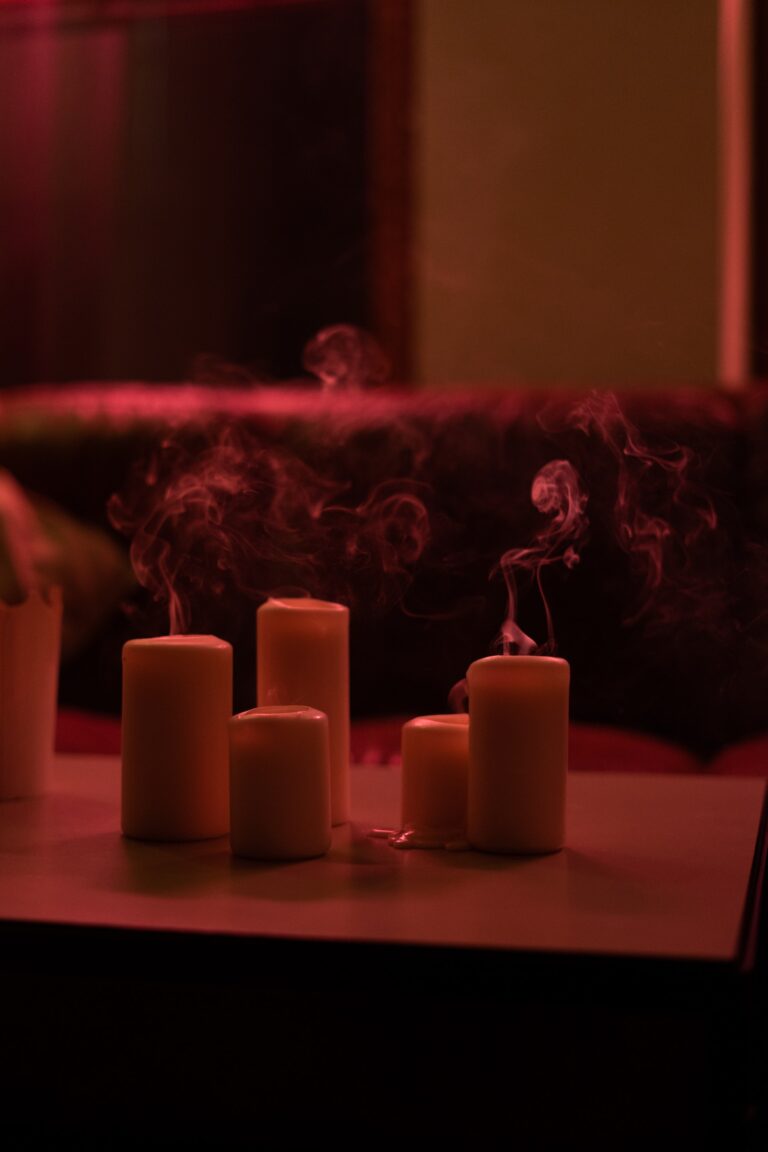What is the legality of prostitution in North Korea?
Prostitution is technically illegal in North Korea, but it is widespread and often tolerated by the authorities. The country has a history of state-sponsored prostitution, which dates back to the 1970s, and has been linked to various government institutions. Despite the illegality, prostitution is often seen as a necessary evil and is referred to locally as a social evil or yellow wind.
North Korea’s Criminal Code has several articles that criminalize prostitution and related activities. Some of these laws and penalties include:
- Article 261: This article criminalizes the act of prostitution itself and imposes a penalty of up to two years of labor re-education for those found guilty.
- Article 262: This article criminalizes pimping, or organizing prostitution, and imposes a penalty of up to five years of labor re-education for those found guilty.
- Article 263: This article criminalizes human trafficking for the purpose of prostitution and imposes a penalty of up to ten years of labor re-education for those found guilty.
- Article 264: This article criminalizes the act of buying sex from a minor and imposes a penalty of up to ten years of labor re-education for those found guilty.
Despite these laws, enforcement is often lax, and many people involved in prostitution face little to no consequences for their actions.
How is prostitution referred to locally in North Korea?
Prostitution is often referred to as a social evil or yellow wind in North Korea. These terms are used to describe the negative impact that prostitution has on society and the moral fabric of the country. The government has also been known to use these terms to justify crackdowns on prostitution and related activities.
What is the history of prostitution in North Korea?
The history of prostitution in North Korea dates back to the 1970s, when the country was experiencing rapid industrialization and urbanization. The government at the time saw prostitution as a necessary evil to accommodate the needs of the growing population of male workers who were separated from their families. During this time, the government began to sponsor and regulate the industry, establishing special service units that were linked to various government institutions.
These units provided sexual services to high-ranking officials and foreign visitors, as well as to the general population. However, the state-sponsored prostitution system began to decline in the 1990s due to economic hardships and international pressure. Today, the industry operates primarily in the shadows, with private brothels and street prostitution being the most common forms of the trade.
How does the government regulate prostitution in North Korea and are there any links?
While the North Korean government claims to crack down on prostitution, evidence suggests that there are still links between the government and the industry. Some reports indicate that government officials are involved in the organization and operation of brothels, while others suggest that the police often turn a blind eye to prostitution in exchange for bribes.
Moreover, there have been reports of state-sponsored prostitution being used as a tool for espionage, with North Korean women being sent abroad to gather intelligence and compromise foreign officials. The existence of the so-called kippumjo or pleasure squad – a group of young women who are allegedly trained to provide sexual services to high-ranking officials – further suggests that the government may still be involved in the industry to some extent.
Despite these links, the North Korean government continues to publicly denounce prostitution and occasionally conducts crackdowns on the industry. However, these efforts are often seen as superficial and ineffective, as the underlying social and economic factors that contribute to the prevalence of prostitution in the country remain unaddressed.
